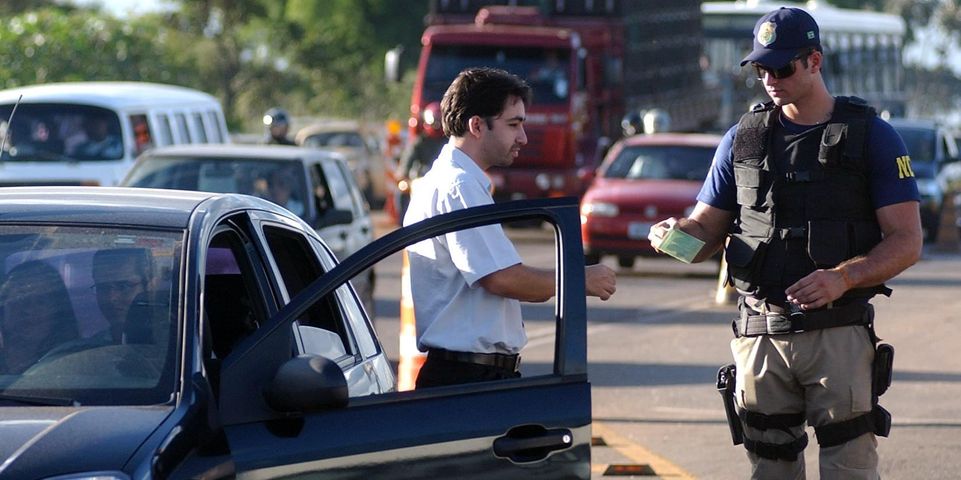Common Myths About Criminal Law Explained by Cincinnati's Leading Criminal Attorney

I'm James F. Bogen Attorney at Law, a criminal attorney serving clients in Cincinnati. Many of my clients frequently ask about common myths surrounding criminal law, many of which are perpetuated by television shows, misleading many about what their rights truly are. While elaborating on every single myth about criminal law in one article would be impossible, here are a few of the most common myths that you should keep in mind:

If you are arrested, you can call an attorney to make the police release you.
On television shows, we often see an attorney come bursting into the police station barking at the police to let their client go when they are being questioned. While this may make for good drama on television, this isn't realistic. An attorney does not have any legal authority over police officers and most certainly does not have the legal power to order them to release a person from their custody.
An attorney does not have the legal authority to make the police stop questioning a suspect. Under the law, only the suspect may invoke his right to remain silent and his right to an attorney, and he must do so explicitly and unambiguously. Simply stating something like, “I wish to remain silent and I want an attorney” without voluntarily reinitiating a conversation with the officers is enough to do this.
If the police don’t read you your Miranda rights, your case can get dismissed.
Miranda rights don’t have anything to do with whether an arrest is legal or not. If the police don’t read your Miranda rights when they should, the arrest is still valid. The legal effect is that any statement you made will not be admissible in court, so the State can still use other evidence it may have to prosecute the case.
If you don’t want to plead guilty to a criminal charge, your attorney can get the charge dismissed for lack of evidence before trial.
Again, while this may make for good drama on television, this is not how things work in court. Courts have held that any disagreement about the facts of a case must be addressed at trial, not in a pretrial motion. Even if there are legitimate questions about the evidence, barring something obvious like the discovery of a video recording of the incident that absolutely refutes the State’s case, a case will not be dismissed “for lack of evidence” before trial.
If you ask an undercover officer if he is a cop, he has to tell you the truth.
This is definitely not true. In fact, the law allows undercover cops to lie to you about anything, including whether or not they are really a cop.
The police need a warrant to search your car.
Because cars can easily be moved to destroy evidence and are usually in a public place, courts have ruled that police must have probable cause to search your car (unless you agree to it being searched). This could be the sight of drugs in plain view or the smell of marijuana coming from the interior.
These are just several of the popular myths about criminal law that I am asked about regularly. If something you hear about the criminal law process sounds too good to be true, it very likely is. When you have been charged with a felony or need someone to handle your appeals, visit James F. Bogen Attorney at Law online or call (513) 503-7251 to discuss your case.
About the Business
Have a question? Ask the experts!
Send your question

